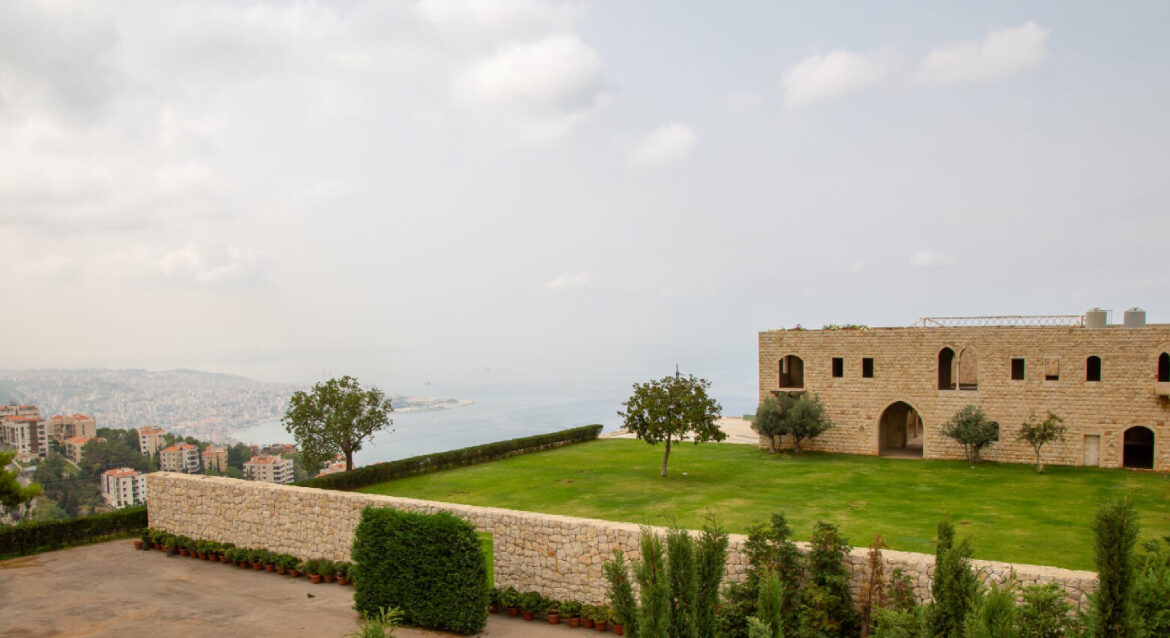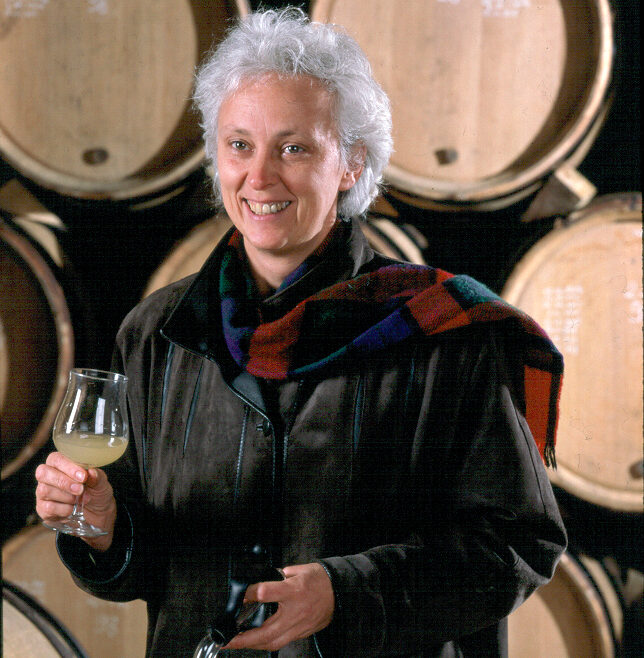Château Musar: Singular & Special
The wines of Château Musar are very special to me for several reasons:
Firstly, due to heritage, I am very proud of this wine, a Middle Eastern wine made in a region that has been producing wine since classical times, one that has become the obsession of sommeliers and professionals around the globe, people whose eyes light up when you mention the wine, happy to wax poetic about the wine and why it’s so special.
Secondly, Musar and the Hochars are family. Growing up, there was always a bottle of Musar on the dining table, especially at dinner or Sunday lunch. Additionally, my uncle, the then Lebanese ambassador to the UK, served the wine with great pride at every cocktail and dinner party at the embassy or the residence, telling everyone who would listen about this great Lebanese wine made by his even greater friend, Serge.
And Serge Hochar was indeed great. When he passed away in a tragic swimming accident six years ago, the wine world lost a dynamic, passionate man who brought Musar out of the shadows of the Bekaa Valley and into the conscience of wine professionals in the west, but the family lost a father, a husband, an uncle…a man who loved life and his wine.
I was born in Beirut shortly before the Lebanese Civil War broke out in 1975. My immediate family stayed on, but by 1982, the situation in Beirut had become ridiculously dangerous and as the bombs dropped and snipers manned the rooftops, I was sent off to boarding school in England. Around the same time, Serge sent his wife and sons to Europe…but he stayed. He was not going to abandon the winery in Ghazir, 25 miles up the coast from Beirut, nor his vineyards in the Bekaa that was by now swarming with Israelis, Palestinians and Syrians.
As his neighbourhood was razed to the ground, Serge sat quietly in an armchair and drank an entire bottle of Musar. “Everytime a bomb hit, I would take a sip,” I heard him say. “Needless to say, I drank the whole bottle pretty quickly!”
Musar made wine every year of the war (1975-1990), missing only one vintage. Those picking the grapes did so at night as rockets and bombs lit up the sky and the trucks carrying grapes took hours to make the short trip from the vineyards to the winery, the truck drivers risking their lives trying to evade the battlegrounds the various factions had carved out in Beirut and its environs.
The wines of Château Musar may not appeal to everyone: made from a combination of cabernet sauvignon, carignan and cinsault, the wines tell stories, they are “living beings” that corral the energy of an entire season in a place that was Serge’s home, and whilst he would never admit it, his spirit and personality.

